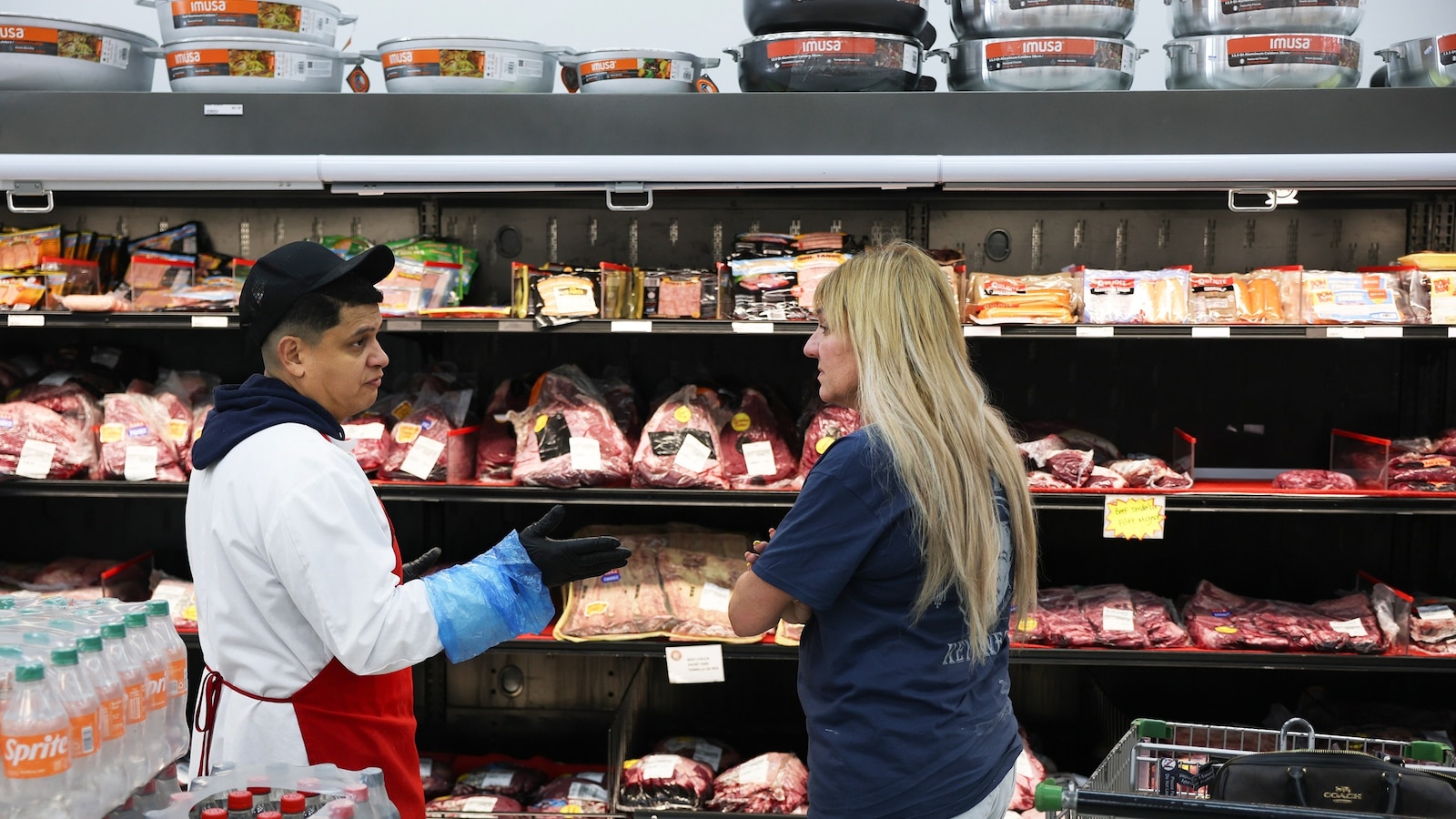T4K3.news
Job growth slows as tariffs impact U.S. economy
U.S. adds just 73,000 jobs in July as tariffs affect employment, raising the unemployment rate to 4.2%.

The U.S. job market faces challenges as new tariffs impact employment rates.
Job growth slows as tariffs begin to bite
U.S. employers added just 73,000 jobs in July, according to the latest Labor Department report. This increase is significantly lower than what analysts had anticipated, while the unemployment rate crept up to 4.2%. Job gains for the previous months were adjusted downward, further indicating a weak trend. Sectors like health care saw some growth, but the manufacturing industry shed 11,000 jobs amid uncertainty surrounding trade policies. Factory managers have expressed frustrations, citing unclear impacts of tariffs on their operations. The participation rate in the labor force is also declining, notably among immigrants, leading to difficulties for employers trying to fill vacancies. Wages did increase, up 3.9% from last year, giving some relief amid the hiring slowdown.
Key Takeaways
"These tariff wars are beginning to wear us out."
A factory manager expresses the strain that tariffs are placing on businesses.
"When you look sector by sector, the big slowdown in employment this year is in sectors reliant on immigrants."
Jed Kolko comments on the impact of labor supply on job growth.
The slowdown in job creation highlights the unintended consequences of President Trump’s tariffs. While these policies were intended to boost domestic manufacturing, their actual impact reflects significant instability and uncertainty in the market. With the rise in unemployment coupled with a shrinking labor pool, the Federal Reserve may feel pressured to implement interest rate cuts to stimulate the economy. The real concern is how this scenario may continue to evolve, pushing many sectors to reassess their workforce strategies in response to ongoing tariff implications.
Highlights
- Tariff uncertainty is impacting job growth across sectors.
- We are facing tremendous costs due to ongoing tariff wars.
- Clear clarity about the future remains elusive for manufacturers.
- Wages are rising, but employment is still struggling.
Economic uncertainty linked to tariffs raises concerns
The continuous implementation of tariffs creates instability for the job market and industries, leading to potential backlash from businesses. This scenario highlights risks associated with employment levels and economic growth.
The evolving situation may lead to significant policy adjustments as economic pressures mount.
Enjoyed this? Let your friends know!
Related News
Trump's economic indicators show signs of decline

Economist warns U.S. economy faces recession risk

Trump's economic week critical for policy impact

U.S. economy expected to grow amid tariff uncertainties
Trump tariffs may increase manufacturing costs significantly

Weak jobs data raises expectations for Fed rate cuts

Weak July job numbers spark fears of economic slowdown
